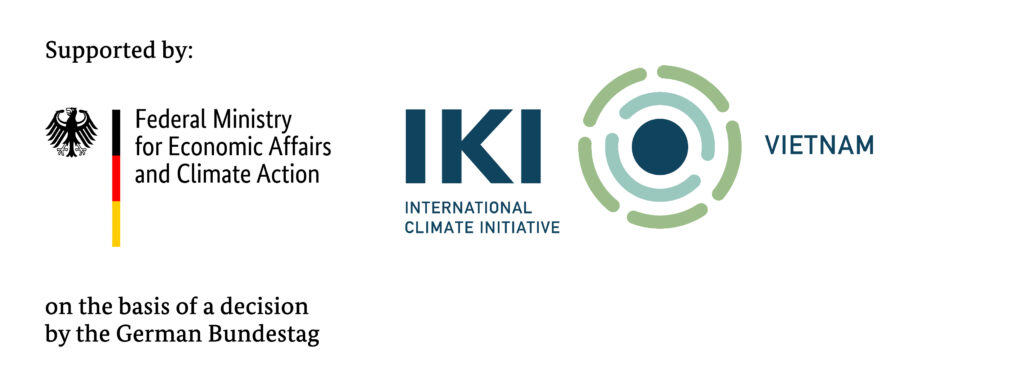The Climate Public Expenditure and Investment Review (CPEIR) of Vietnam 2016-2020 has been released by the Ministry of Planning and Investment (MPI) and the United Nations Development Programme (UNDP). This report gives a comprehensive overview on Vietnam’s total climate expenditure for the last four years and provides useful information for both stakeholders and policy makers to adjust climate change investment planning.
The report analyzed the total climate budget of 26 provinces and six ministries along with budget allocation to three national climate policies: the National Climate Change Strategy (NCCS) to 2020, Vietnam Green Growth Strategy (VGGS) to 2020 and Plan for Implementation of the Paris Climate Agreement (PIPA). Overall, the investment for climate change in Vietnam has increased significantly in the period of 2016-2020 with most funding sources from ODA. Adaptation is the main expenditure accounting for 70% and 90% of ministries and provincial climate budget respectively. However, mitigation expenditure was underrepresented in the report because investments are mainly in the private sector.
At the provincial level, there was significant increase of integrating climate aspects in planning and policy-making processes with a 53% rise in climate budget across all analyzed provinces. Allocation for climate projects also differed in each province, suggesting that expenditure is based on local contexts and needs.
The climate change-related budget of six ministries mainly focused on adaptation measures and specifically, on the alignment to national policies. The Ministry of Agriculture and Rural Development (MARD) and the Ministry of Transport (MOT) have the largest climate change budgets, accounting for 80% of total ministries’ budget with projects mainly directed towards irrigation and transport.
The report also highlights the current issues and provides recommendations to strengthen investment for climate change. At the current stage, Vietnam does not have a tracking and reporting system for national climate expenditures which leads to lack of transparency and inefficient investment planning. Therefore, it is important to mainstream climate change into both national policies and sectoral and provincial planning. The CPEIR information can be an effective tool for policy makers to adjust annual budget planning and act as a basis for mobilizing and diversifying funding sources.
The analysis provided in the report can help Vietnam to establish a systematic MRV tool to track and report climate change delivery and ensure positive outcomes for climate change projects, advancing the achievement of national climate targets and commitments at COP26.





